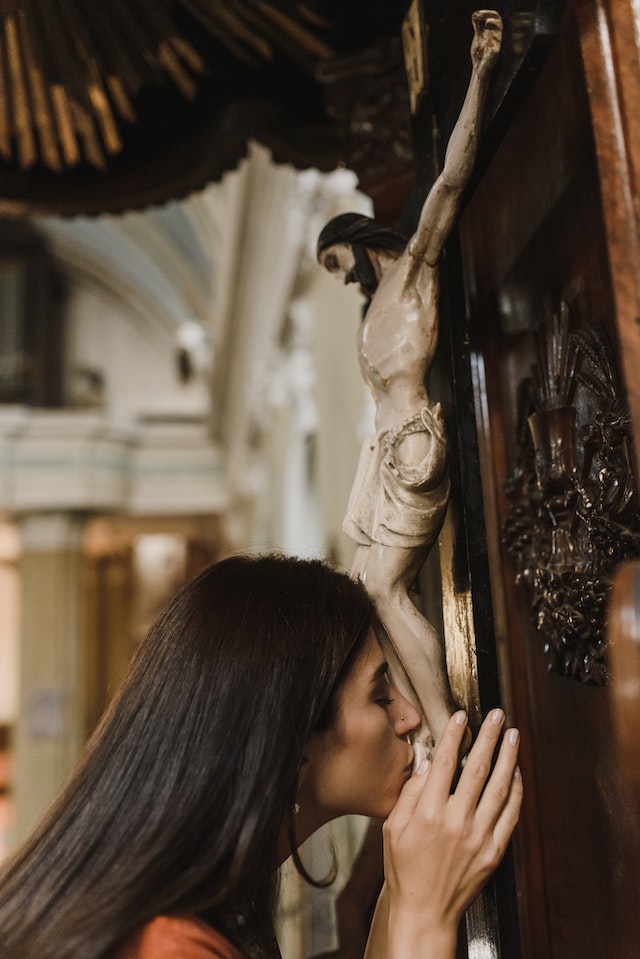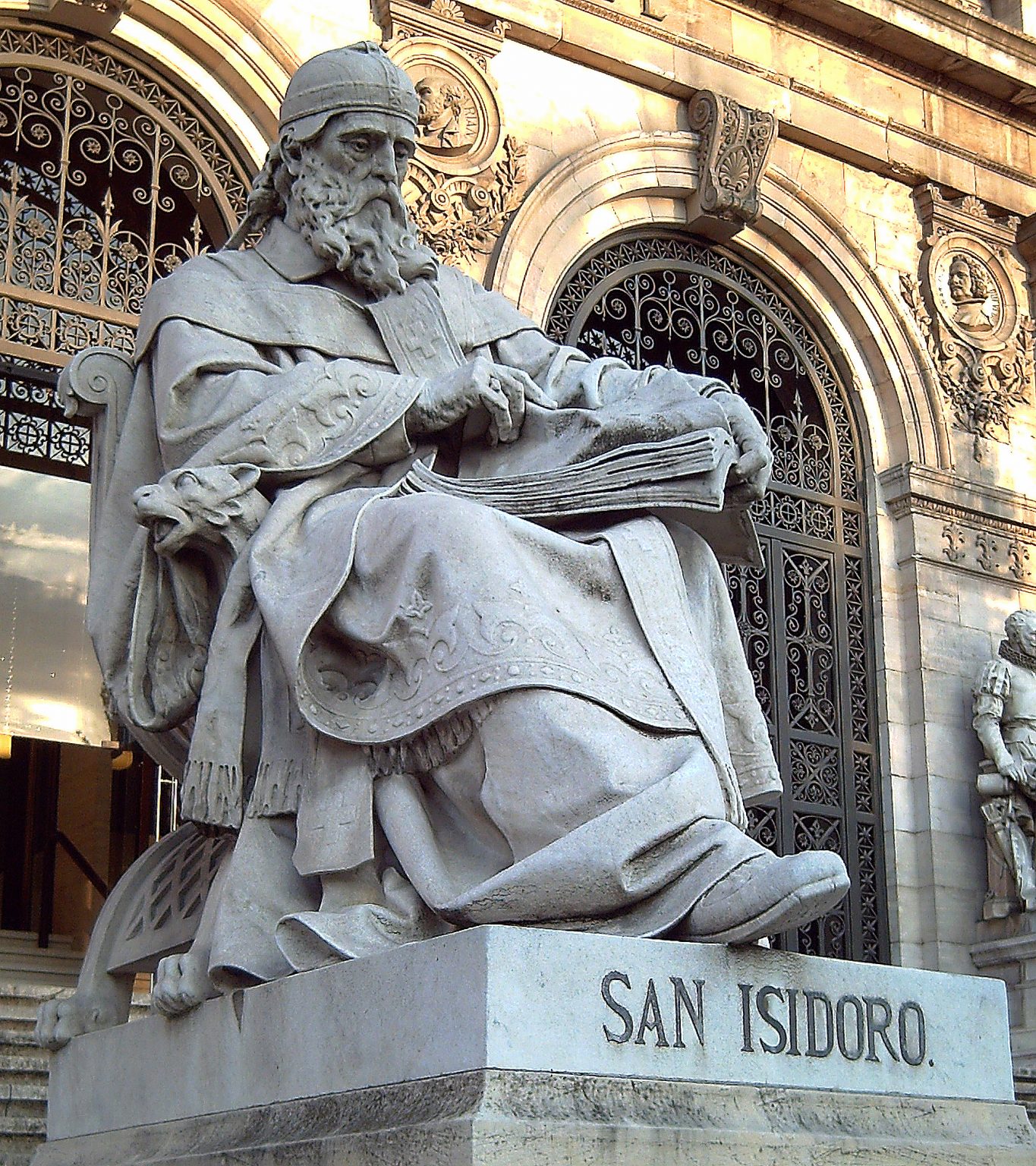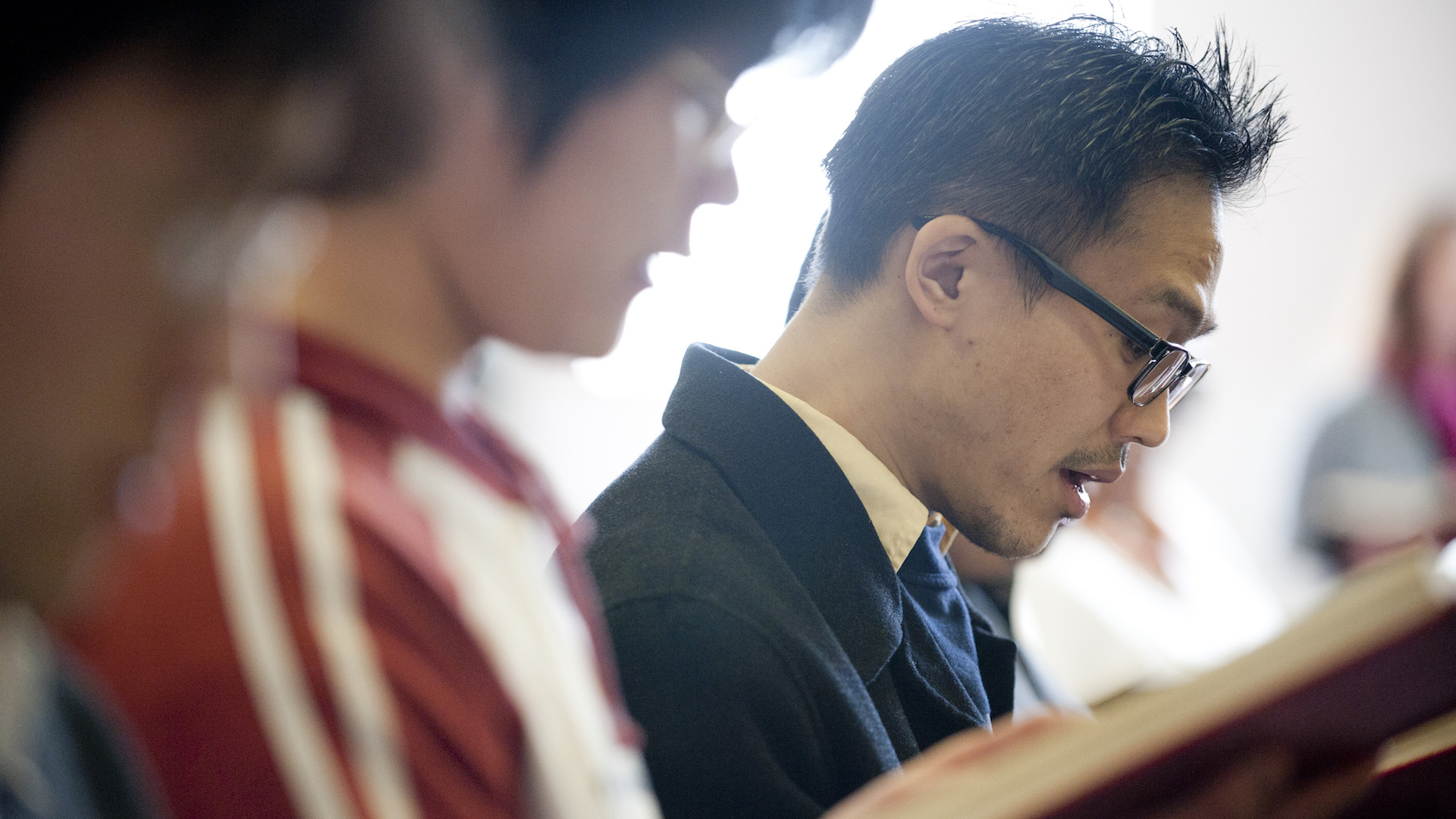FAUSTO GOMEZ OP
To speak of the need of an ascetic life today is generally considered old-fashioned and medieval. With due respect to other opinions, I am firmly convinced that a rather consumeristic and very comfortable life contributes to a mediocre Christian life. Hence, our need of an ascetic life of self-denial, detachment and a simple lifestyle, fasting and the cross – and prayer.
To speak of the ascetic dimension of our life is to speak of our spiritual/moral life, which was earlier called ascetic and mystical life. The ascetic leads to the mystical life, to the intimate loving union with God, to the holiness all Christians are called. It leads, for sure, to happiness here and hereafter.
Wise words from philosopher Socrates: “How can you call a man free when his pleasures rule over him?” Not to be led by their passions and addictions, humans need ascesis. Christians, in particular, are asked to follow the way of Jesus, who says: “If any want to be my followers let them deny themselves, take up their cross daily and follow me” (Lk 9:23; Mt 16:24, Mk 8:34).
(1) “DENY YOURSELF” – Self-denial is a necessary element of our behavior as followers of Jesus. St Paul tells us: “Athletes exercise self-control in all things…; I discipline my body and enslave it, so that after proclaiming it to others I myself should not be disqualified” (1 Cor 9:25-27). Jesus’ words: “Everyone who commits sin is a slave of sin” (Jn 8:34).
The human person must deny himself or herself. What does this mean? “Peter once denied his Lord, that is to say, he said of Jesus, ‘I do not know the man.’ To deny ourselves is to say, ‘I do not know myself.’ It is to ignore the very existence of oneself. It is to treat the self as if it did not exist. Usually, we treat ourselves as if our self was far and away the most important thing in the world. If we are to follow Jesus, we must forget that self exists” (W. Barclay, In Lk 9:23-27. Helpful means: detachment and a simple lifestyle – and fasting.

(2) BE DETACHED AND LIVE SIMPLY – For Eckhart to be detached means “living among things, but not in things.” Hence, the importance of an ascetic life (cf. LS, 9). Aids to an ascetic life are the traditional penances of the Christian, namely, prayer that leads to fasting, and fasting to almsgiving. Fasting today? Yes. If properly done, it is helpful to become detached of the unnecessary things that burden our soul and to share something with the poor. But like mortification, detachment and renunciation, fasting is a means not an end: a means toward the acquisition of virtues and the eradication of vices. Indeed, “Fasting … is properly exercised for the sake of acquiring purity of heart and body so that the stings of the flesh might be dulled and a peaceful mind reconciled to its Creator.” However, fasting “when it is done inopportunely it ruins the soul” (Cassian, Conferences). In a word, fasting, mortification, ascetism are good means if they help us to love – and love more.
Need of a simple lifestyle. Let us “live lives that are self-controlled, upright and godly” (Tit 2:12). To fight the selfish consumeristic attitude, Patriarch Bartholomew recommends ascetism, that is, “a way of loving, of moving gradually away from what I want to what God’s world needs; it is liberation from greed and consumption” (cf. Pope Francis, Laudato Si’, 9).
The ethical person, the Christian needs to live a simple lifestyle that practices and promotes genuine values and virtues. Among the great values found in religions are “Renunciation, detachment, humility, simplicity and silence” (St. John Paul II, Ecclesia in Asia, 23). Simplicity: the essence of simplicity is, theologian Leslie Hardin tells us, “A focus on God’s kingdom”: first is the kingdom (Mt 6:33). Simplicity aids us to attain harmony in our own selves: “The body under the spirit and the spirit under God” (St Augustine).
(3) “TAKE UP YOUR CROSS DAILY” – The cross of Christ is an inexhaustible source of continuing meditation. No wonder, that for the saints – the truly happy ones – when the cross comes, it is the Lord who comes! Thus, the saints not only bore their personal cross patiently and joyfully, they helped others carry their cross. Let us not give crosses to others but help them compassionately carry their heavy cross.
The saints love to contemplate Jesus on the Cross: Christ on the cross in San Damiano asked Francis of Assisi to restore his Church. St. Thomas Aquinas, for whom the cross is the example of all the virtues, heard from Jesus crucified on the cross these words: “You have written well of me. What do you want from me?” After that vision, St. Thomas stopped writing and evaluated all he had written as straw. St. John of the Cross heard, from a painting of Christ carrying the cross he was contemplating, these words: “You have done a lot for me, what do you wish from me?” The incomparable mystic answered: Only to suffer and to be despised for your sake! Therefore, Kempis advises us, “Practice daily mortifications that you may become closer in spirit to your crucified savior” (Imitation of Christ).
(4) FOLLOW CHRIST – Why deny our own self? Why a detached and simple life style? Why carry the cross patiently? Because these help us immensely to follow Christ truly and joyfully – to be happy!
Following Jesus entails to renounce ourselves. It demands from us to take up our personal cross: the daily trials and work, possible sickness, failure, death in the family… It implies, above all, to love God, ourselves, all neighbors and God’s creation. Finally, we always pray for continuing conversion through penance. Prayer helps us encounter and follow Jesus, who keeps telling us: “I am with you always, to the end of the age” (Mt 28:20).
(Image: Arina Krasnikova@pexels.com)


 Follow
Follow


